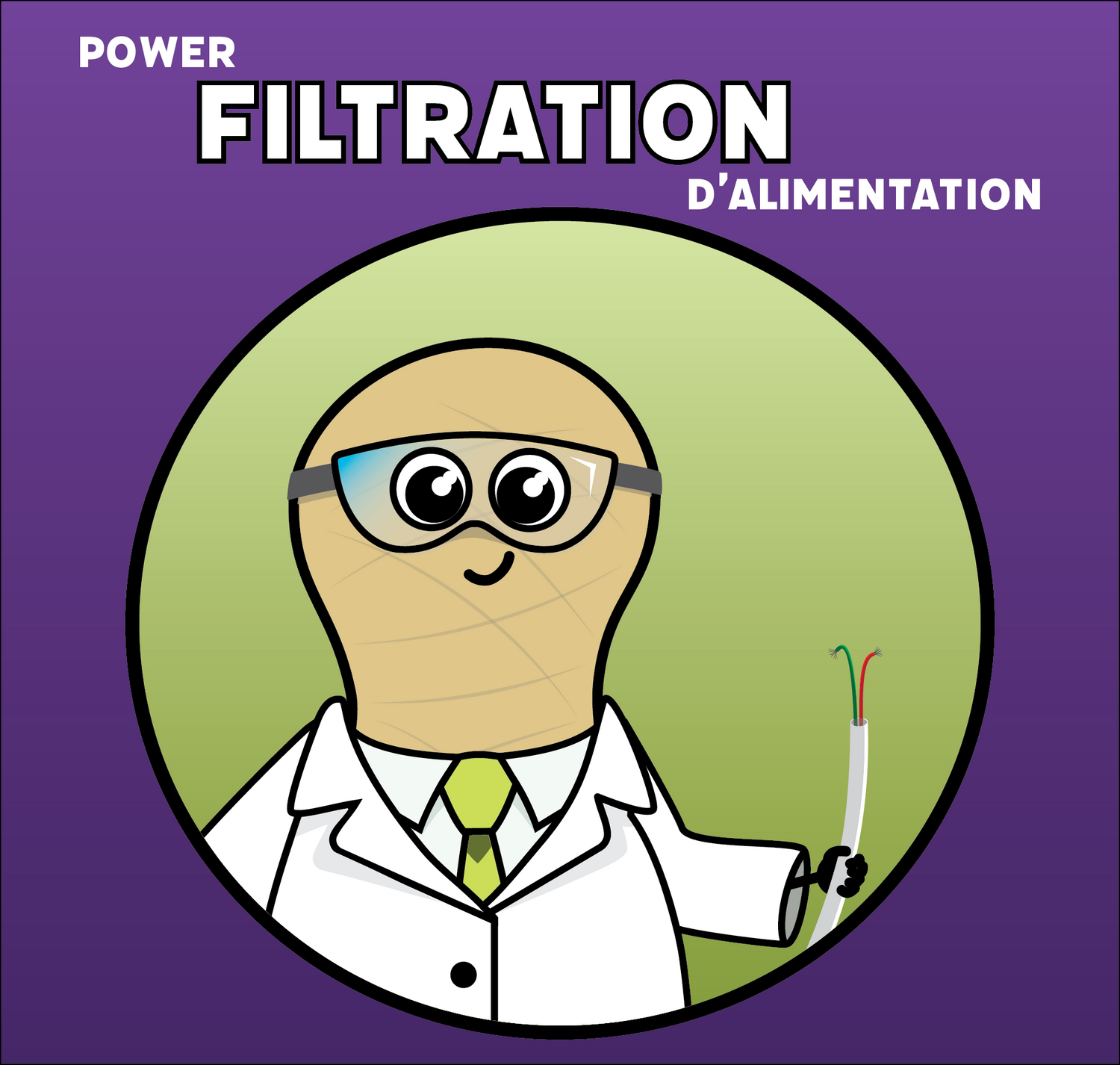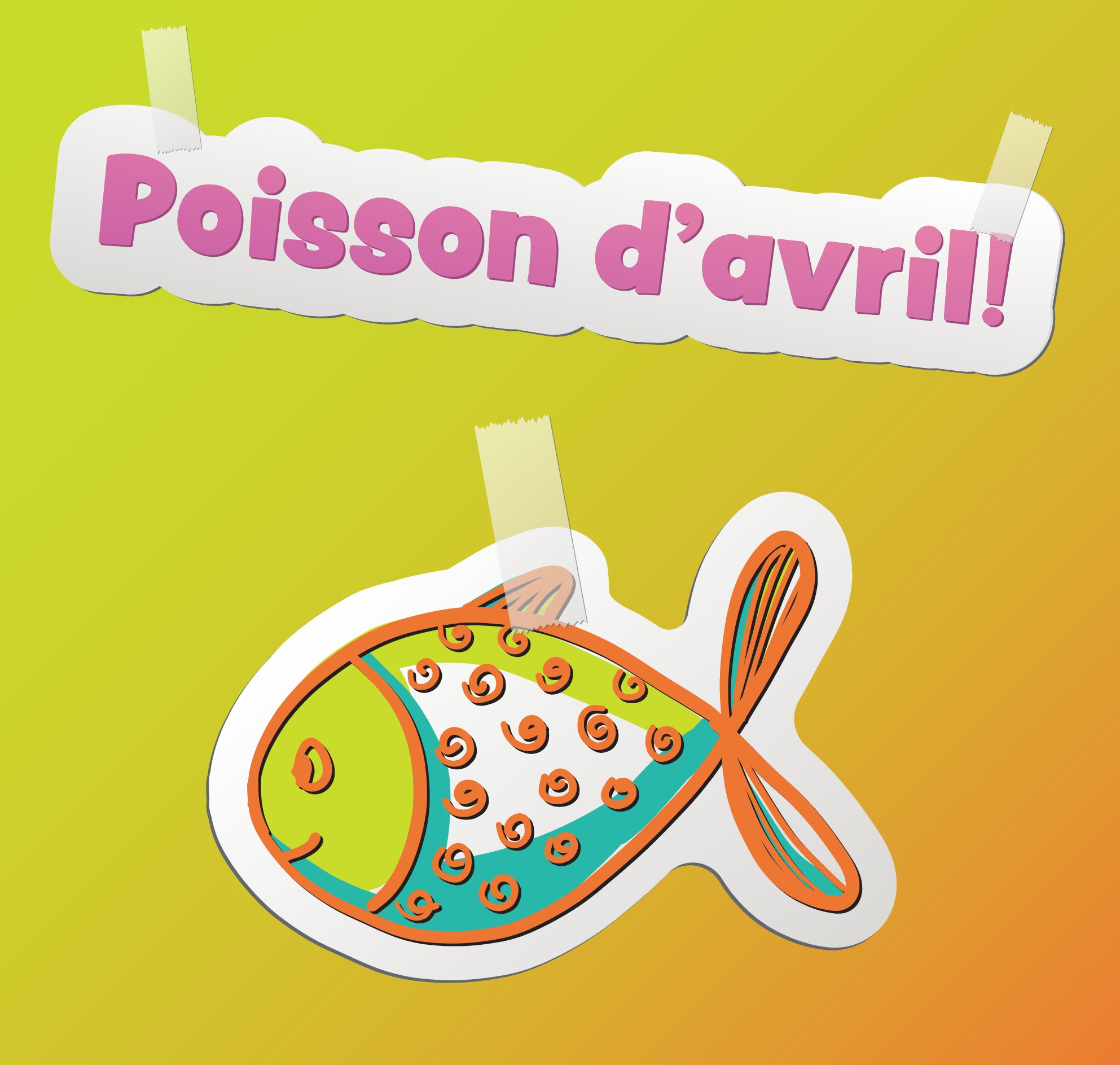Why Power Filtration Matters
You’ve built your dream pedalboard, maybe it’s packed with fuzz, a noise gate, and a couple of wild boutique drives (maybe even a GUPTech or two). You plug in, hit your first chord and… what’s that? Hum, buzz, or worse, someone’s late-night radio show bleeding into your epic tone. Annoying? Ark. Fixable? 100%.
Power filtration is a critical but often overlooked aspect of building a reliable, noise-free guitar pedalboard. Without proper filtration, your effects pedals can introduce unwanted hum, buzz, or even radio frequency (RF) interferences into your signal chain, degrading your tone and performance, and sometimes your ego at the same time. This is mainly perceptible in high gain pedals such as fuzz and distortion. These pedals are meant to amplify any input signal, so they don’t discriminate with any unwelcome interferences. The end result is an unwanted audible noise.
The Real-World Problem: Noise Fairy
Let’s get real: cheap power supplies are like leaving your pedalboard’s front door wide open. Hum, buzz, and even radio frequencies can sneak right in. We’ve heard it all, players picking up AM talk radio during a solo while using a Boo, or a Bee Fuzz turning into a static machine. If you’re hearing anything other than your guitar, you may accuse your pedals, but it’s more likely that your power supply is the culprit.
Poorly filtered power supplies can let in 50/60 Hz mains hum, which is especially noticeable with high-gain pedals, fuzz, and/or long signal chains. Some users even report hearing radio stations or mysterious voices through their amps when using the Boo or other high-gain fuzz and distortion. This is usually caused by RF signals being picked up by unshielded cables or entering through inadequately filtered power supplies.
Why We Care
We’re pedal nuts at heart, and nothing kills the vibe like noise you didn’t ask for. That’s why we always recommend a high quality power supply with proper filtration. Here’s what you get:
- Clean, quiet power: Good filtration blocks out hum, buzz, and radio signals before they ever reach your pedals.
- Consistent tone: No weird artifacts, no power dips - just the sound you dialled in.
- Peace of mind: Play anywhere, anytime, without worrying about what’s lurking in the power lines.
How Power Filtration Works
A proper power supply filter circuit is designed to block unwanted AC frequencies and RF noise from entering your pedals. The most common method is using a low-pass filter, typically a combination of a resistor (or inductor) and a capacitor, which smooths out voltage fluctuations and absorbs high-frequency noise. Almost all our pedals include filtration at power input, but if there’s too much ripple from the power supply itself, even with all our efforts, the noise will get into your signal.
Why a "Better" Power Supply Solves the Problem
- Isolation: High-quality, isolated power supplies provide each pedal with its own independent power source, preventing ground loops and crosstalk that can introduce noise. The right combo of resistors and capacitors (the nerdy nut stuff) keeps your signal pure.
- Daisy-chaining pedals: Combining multiple pedals with the same internal filtration sometimes helps to reduce the noise by sending the unwanted frequency to the ground via the low-pass filters.
- Superior filtering: Premium power supplies use advanced filtering components to eliminate ripples, hum, and RF noise before it reaches your high gain pedals.
- Consistent voltage: Reliable power supplies maintain steady voltage and current, ensuring your pedals perform as intended without introducing weird instability.
- Built to Last: Quality supplies are designed by people who actually play music - like us!
Practical Tips for a Quiet Pedalboard
- Use shielded cables: Unshielded cables act like antennas, picking up RF signals. Always use high-quality, shielded instrument cables. We sell nice Tour Gear Design cables that are perfect for the task (WINK WINK).
- Keep speaker, power and audio cables separate: Avoid running speaker, power and audio cables parallel to each other, as this can increase the risk of interference. You’re basically creating an antenna when doing so.
- Invest in an isolated power supply: Brands like Truetone, Voodoo Lab, and Strymon are highly recommended for their robust filtering and isolation. They are costly, we know, and most of the time are not required, but it’s worth trying when you have unsolvable issues.
GUPTech’s Take
We’re obsessed with building pedals that sound great and work every time you stomp on them. We know what it’s like to chase tone and battle the Noise Fairy. That’s why we test our pedals with real-world setups (Cheap Donner shared output power supply) and we recommend only what actually works and not what’s trendy.
Final Word
You’ve paid hundreds or thousands of dollars in cool-looking pedals, so you deserve a pedalboard that’s as quiet as it is wild. Invest in good power filtration equipment, and let your playing - not the power grid - do the talking. Need advice? Drop us a line, or check out our blog for more tips. We’re here to help you sound your best every time you plug in.
TLDR : Quick Tips for a Noise-Free Board
- Use a high-quality, isolated power supply (don’t cheap out!).
- Keep audio and power cables apart.
- Use shielded cables - your tone (and your audience) will thank you.
- If you’re still getting noise, ask us! We’re always happy to help troubleshoot.




